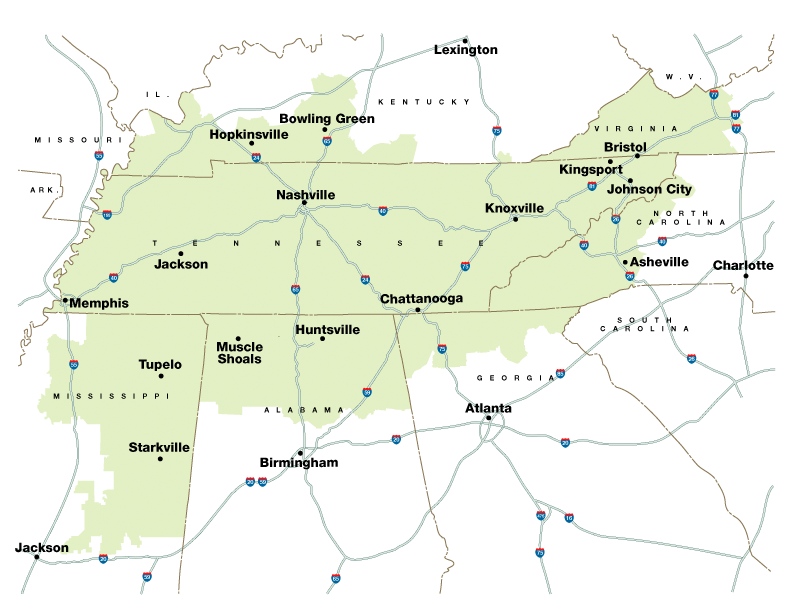- Joined
- Dec 3, 2009
- Messages
- 52,009
- Reaction score
- 33,944
- Location
- The Golden State
- Gender
- Male
- Political Leaning
- Independent
As Mark Twain once observed: "Whiskey Is for Drinking; Water Is for Fighting Over. "
That was true in Mark Twain's time, and it's true now.
California uses more water than nature gives us every year, including wet years. Wet years, meanwhile, are getting fewer and further between.
Historically, the five southernmost rivers flowing from the Sierra Nevada flowed not to the ocean, but to the biggest freshwater lake in the country outside of the Great Lakes. Now, every drop of those rivers is used, and the lake is dry.
The second largest river in the state, the San Joaquin, that used to accommodate ocean going vessels over a hundred miles inland now goes dry. Every drop is used.
The difference between what falls as rain or snow and what is needed is made up by pumping ground water that has accumulated over thousands of years. No one really knows just how much is left, but everyone knows that the supply is diminishing. Eventually, it will be gone.
That water is used mostly for a multi billion dollar ag industry. Some of it goes to coastal cities that could build desalinization plants, and should, but most of it grows food.
There are about seven billion reasons why it is important to keep the world's food supply going. Only about 0.5% of them live in California.
Sooner or later, the State of California will run out of water and will no longer be able to support agriculture without importing water from somewhere else.
That, in a nutshell, is the situation that faces the state of California, along with anyone who likes to eat.
Just thought you might like to know.
That was true in Mark Twain's time, and it's true now.
California uses more water than nature gives us every year, including wet years. Wet years, meanwhile, are getting fewer and further between.
Historically, the five southernmost rivers flowing from the Sierra Nevada flowed not to the ocean, but to the biggest freshwater lake in the country outside of the Great Lakes. Now, every drop of those rivers is used, and the lake is dry.
The second largest river in the state, the San Joaquin, that used to accommodate ocean going vessels over a hundred miles inland now goes dry. Every drop is used.
The difference between what falls as rain or snow and what is needed is made up by pumping ground water that has accumulated over thousands of years. No one really knows just how much is left, but everyone knows that the supply is diminishing. Eventually, it will be gone.
That water is used mostly for a multi billion dollar ag industry. Some of it goes to coastal cities that could build desalinization plants, and should, but most of it grows food.
There are about seven billion reasons why it is important to keep the world's food supply going. Only about 0.5% of them live in California.
Sooner or later, the State of California will run out of water and will no longer be able to support agriculture without importing water from somewhere else.
That, in a nutshell, is the situation that faces the state of California, along with anyone who likes to eat.
Just thought you might like to know.

